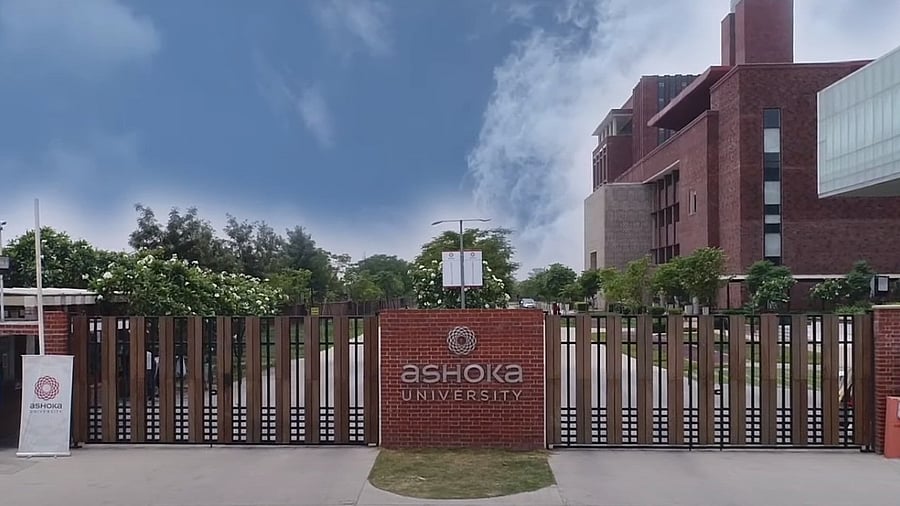
Ashoka University.
Credit: ashoka.edu.in.
The response from the authorities to a paper published by Sabyasachi Das, an Assistant Professor in the Department of Economics, Ashoka University, highlights the growing threat to academic freedom in the country. Das’ paper Democratic Backsliding in the World’s Largest Democracy concluded that there likely was electoral manipulation by the BJP in some seats which it won narrowly in the 2019 Lok Sabha elections.
The conclusion was based on a study of electoral data through accepted theoretical frameworks. Das resigned after the Governing Body of the university took the unprecedented action of investigating the merits of his study. His colleague in the Economics Department, Pulapre Balakrishnan, also resigned as he felt that “academic freedom was violated in the response” of the university to Das’ paper. A large number of academics from the university and outside have also criticised the university for its handling of the matter.
The latest development in the matter is the reported visit of Intelligence Bureau (IB) officials to the campus and their enquiries about Das. Das was not present there at the time of their visit.
When an academic publishes a paper based on his research, it is a document for his peers and the public to review. Any person, expert or lay person, can discuss it and comment on it.
It is wrong on the part of the administration or management of the university to pressure an academic on the basis of his or her work. It amounts to curbing the freedom of teachers or students to pursue their studies and arrive at inconvenient conclusions. In the case of Ashoka University, it is possible that the university was itself under pressure on the matter. The university’s handling of it amounted to harassment of the academic. A number of other academics of the university have said that they would resign in protest against the university’s action. Students and alumni of the university and academics of other universities have also criticised Ashoka University’s action.
If there is disagreement about the conclusions in an academic paper, the correct response is to counter it with data and arguments. This is not what happened in the Ashoka University case. Instead of defending its teacher’s freedom, the university succumbed to pressure from outside.
The IB officers’ reported visit to the campus, which has not been denied, is another form of pressure and that brings the government also into the picture. The message seems to be that criticism of the ruling party and its actions would invite harassment or other forms of punitive response. Universities are spaces for free discussions and debates and there should not be any constraints on them. Ashoka University has done a major disservice to itself and the cause of academic and intellectual freedom.
